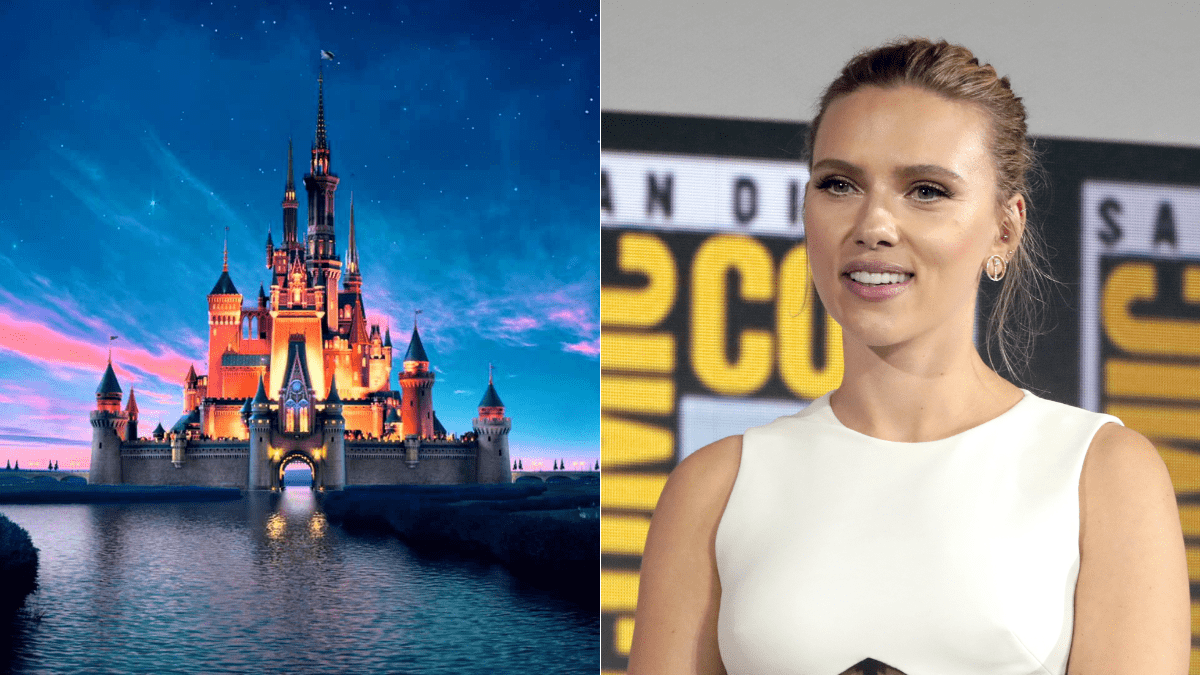Amid the pandemic, Scarlett Johansson challenges Disney over the Black Widow release, igniting a debate on the future of film distribution.

In a groundbreaking move that has sent shockwaves through Hollywood, Scarlett Johansson has filed a lawsuit against entertainment giant Disney, alleging a breach of contract related to the release strategy of her blockbuster film, Black Widow. The dispute centres on Disney’s decision to simultaneously release the film on its streaming platform, Disney+. In theatres, a move Johansson claims undermined the film’s box office potential and subsequently impacted her compensation.

Johansson’s earnings for “Black Widow” were heavily dependent on the movie’s theatrical performance, as she served as both star and executive producer. Moreover, the lawsuit highlights the clash between traditional cinema and digital streaming in the evolving landscape of film releases.
Moreover, Disney swiftly responded, claiming the lawsuit lacked merit and stating the dual release strategy benefited Johansson. The pandemic has accelerated industry shifts, prompting questions about the future of film distribution and compensation in a streaming-dominated era.

The lawsuit has prompted industry-wide discussions on reevaluating contracts in response to changing conditions. The pandemic has shaken Hollywood’s traditional theatrical releases, challenging them with the convenience and reach of digital platforms. Additionally, Scarlett Johansson’s legal action emphasizes the need for compensation models compatible with the digital era.
This legal battle is not isolated, as other major films and studios face similar challenges. WarnerMedia’s 2021 slate release on HBO Max and theatres sparked $200 million in talent renegotiations, suggesting a digital-era alignment strategy. Additionally, this approach may establish a blueprint for creators’ and distributors’ mutual interests.
As we look back, Scarlett Johansson’s lawsuit against Disney emerged as a pivotal moment in the entertainment industry. The film raises critical questions on artist compensation amidst coexisting digital and traditional platforms. Johansson’s contract renegotiation highlights the complexities of navigating the evolving landscape of the entertainment industry.
Amidst a pandemic, a legal dispute in Hollywood prompts discussions and reforms in film distribution and artist pay. Johansson’s stand underscores adaptability, fairness, and innovation, shaping the industry’s evolution in the digital age.



